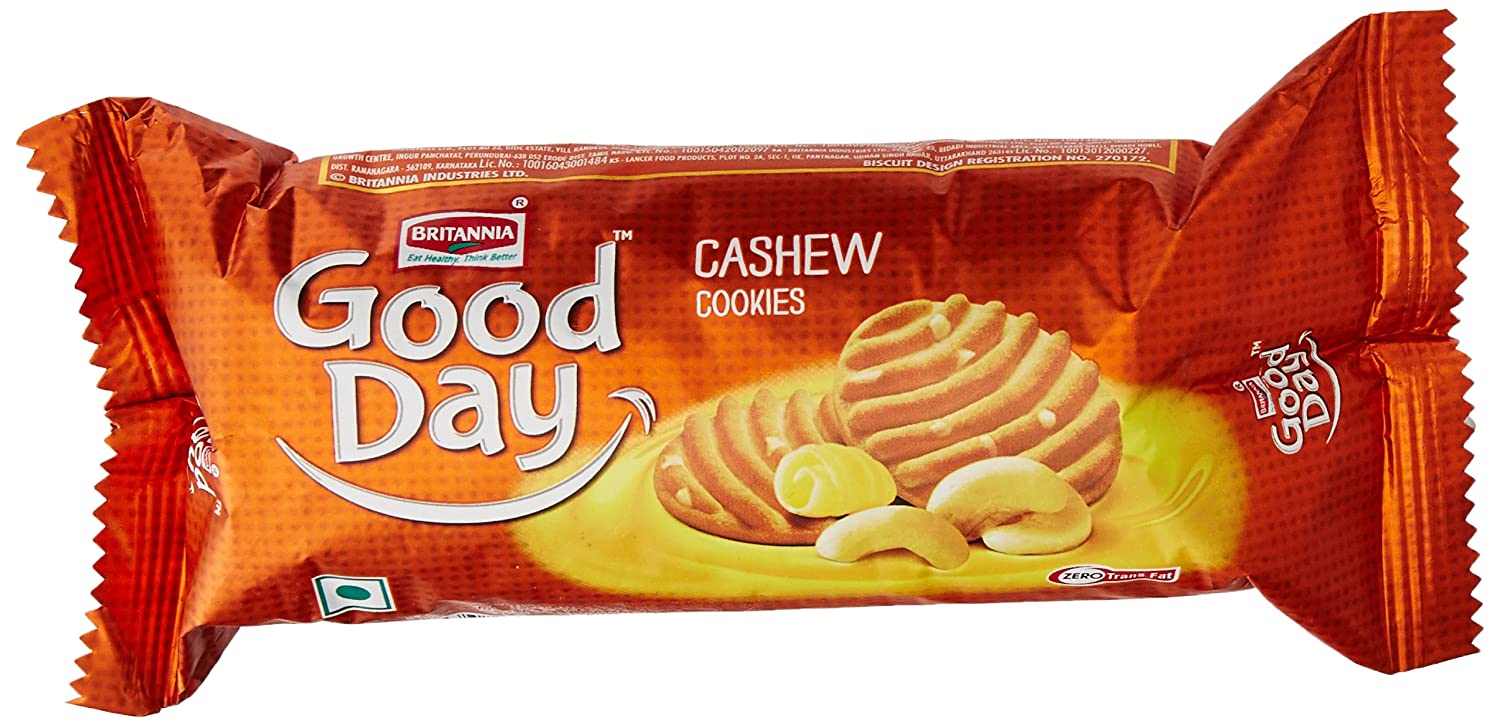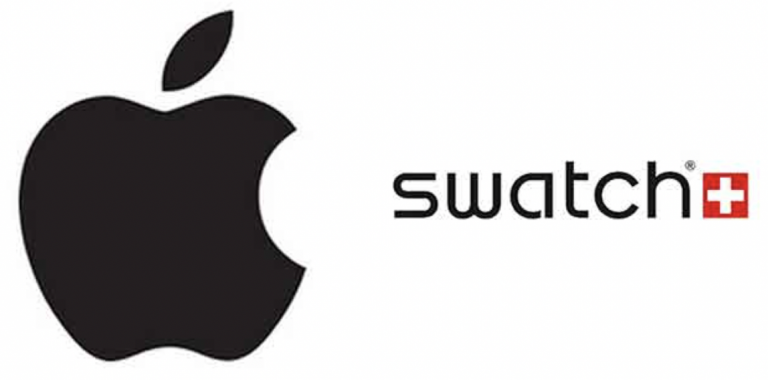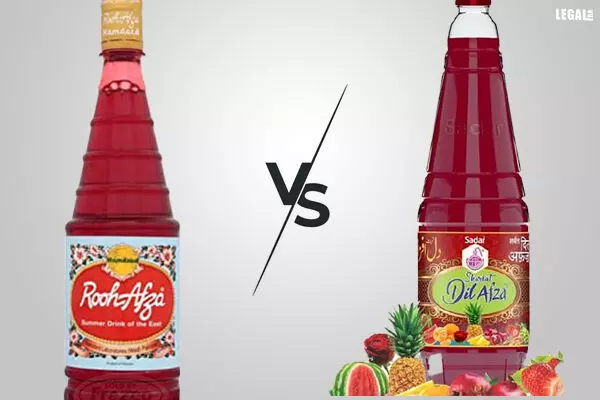Have a ‘Good Day’?
Plaintiff (Britannia Industries Ltd) has a registered trademark “GOOD DAY” which has been in use since 1986 for biscuits and cookies. The wordmark /trademark registered in class 30 for goods “biscuits, bread and non medicated confectionery” and bearing registration since 23rd November 2018 for goods being “biscuits”. The plaintiff also had several other registrations consisting of the word mark “GOOD DAY”- both in India and abroad.
The issue of the case was that the Defendant was using the mark “GOOD DAY” for toothpaste- which is identical to Plaintiff’s well-known mark “Good day”. The Defendant was also operating a website under the domain name “gooddayoralcare.com”, which subsumed the Plaintiff’s well-known mark “GOOD DAY”.
The Plaintiff claimed that the wordmark is a well-known mark as they had invested considerable time and resources for the promotion of products bearing the said trademark.
The Plaintiff submitted that the defendant’s not only adopted the impugned mark “GOOD DAY”, but also adopted several representations of the plaintiff’s “smile device”. This showed that it was deceptively similar to the Plaintiff’s registered marks. It is evident that the general public would associate the Defendant’s product with the Plaintiff’s and can cause confusion in the eyes of the consumers.
The Defendant submitted that the mark “GOOD DAY” is generic and can be used by several entities. In fact, it was registered under several other classes in favour of other entities. So he cannot claim a monopoly over the mark or seek an injunction against the Defendants on this ground.
The Plaintiff further argued that the mark in question is a well-known mark which was also declared by Intellectual Property Appellate Board” in the order dated 23rd December, 2020.
Like in the case of Rolex Sa v/s Alex jewellery a suit was filed as the defendants here were accused of using the famous ‘Rolex’ mark for their artificial jewellery line. Considering the plaintiff’s well-established name and recognition in the luxury goods arena, this case sheds light on how smaller brands often use marks and names to promote their lines. The deception is not only for the consumer who believes that the line is in collaboration with the parent company but also with the luxury market in general. And in this segment, it is the reputation of a brand that makes all the difference. Hence being associated with a product that is not vetted or produced by them, can be a deterrent and hamper their own reputation. In this situation, the court held that the Plaintiff’s business was of watches and the segment using watches recognizes the trademark name Rolex, which is the well-known trademark. So the people may assume that the artificial jewellery is from the Plaintiff’s business. For the same reasons, the court considered Rolex to be a well-known trademark and granted injunction against the acts of the defendant’s.
By looking at the above precedent in the Britannia case, it is evident that “GOOD DAY” is a well-known trademark.






